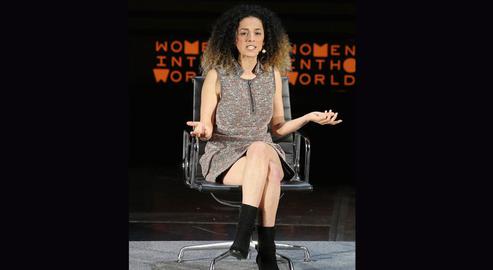Nobody knows the exact number of foreign nationals in Iranian prisons. Some Iranian media give a figure between five and six thousand. According to the London-based organization World Prison Brief, 2.9 percent of prisoners in Iran were foreigners as of December 2014.
There are now close to 700 foreign nationals in Iran’s prisons. Many live in difficult and unsanitary conditions and most have no access to legal representation. Some have served their sentences but remain behind bars.
According to Iran’s Prisons Organization, more than 80 percent of foreign prisoners are Afghan nationals, most of whom are in prison on charges of drug trafficking or illegal entry into Iran.
There are also Somali and Malaysian pirates who have attacked Iranian ships.
If a foreign national is arrested in Iran, the Iranian Foreign Ministry will inform the relevant embassy. But it is up to police and security officials to inform the Foreign Ministry. If they neglect to do so, the person’s embassy may never be informed.
Iran has extradition treaties with 25 countries but they are rarely put into effect. Many foreign nationals remain in Iranian prisons even after serving their sentences.
Cheaper to Send Them Back
Soheil Moghader, a social worker at Evin Prison, hopes Iranian authorities will realize that extraditing offenders to their own countries would benefit both Iran and the foreign prisoners. “On one hand,” he says, “the prisoner can meet his family again and this makes it easier for him to endure imprisonment and to reform. On the other, Iran would be sending the convict outside its borders and reducing the risk that he might commit another crime inside Iran, and Iran would not have to pay the cost of imprisonment.”
Mostafa Azizi is a writer and a former TV producer who spent time in Evin Prison’s Ward 8 along with foreign inmates. He says that at that time, there were more than 200 foreign prisoners in the ward. The building that they call Ward 8, Azizi says, used to be a court building, and prisoners can still see a faded sign with the words “Revolutionary Court.”
Prisoners who have done time in this ward say that the ceilings are too low and that the building was not designed to serve as a prison. “The halls are too narrow,” Azizi says, “but the yard is big compared to other prison yards and has a good view. From there you can see the outside.”
When Azizi was first transferred to Ward 8 he was not given a bunk and he had to sleep on the floor in hallways that were 170 centimeters wide.
“The Algerian inmates were fluent in English and were interested in reading,” he says. “They read almost all the books that the prison’s library could offer.”
Ward 8 also holds prisoners from Japan, South Korea, Singapore, Iraq, Pakistan and Syria, along with people from various African countries such as Somalia, Kenya, and Cameroon.
Azizi says that for a time, he shared a cell with some African inmates. “Some of them had been sentenced to life in prison. Some had been in the ward for close to 10 years. A couple of them had been arrested as youngsters and when I was there, they were in their twenties. Nobody was pursuing their cases. Iran has no diplomatic relations with Somalia and, as a result, Somali prisoners had to remain in prison even if they had been ‘freed.’
When released, a prisoner from another country is handled by his own embassy, which arranges for him to go to the airport to fly out. But the Somalis had no embassy to do this for them and had nowhere to go even if they had completed their sentences.”
Bungled Translation
Azizi also remembers the case of a prisoner who had to remain in prison because of a mistake by the translator. “One of the inmates was a Kenyan by the name of Carl Max. The poor guy had been paroled two years before. The court had issued his release order and had written a letter to the Kenyan embassy about it. But the letter was in Persian and the translator had bungled the translation.
When they brought Saeed Malekpour to the ward, Max asked Malekpour to write a letter for him. This led Saeed to read his case and notice that Max should have been released a long time ago. He called the translator who retranslated the court’s letter to the embassy. This time Carl Max was released and returned to Kenya.”
Most foreign prisoners in Iran have been held on charges of drug trafficking or currency smuggling. Some of the African detainees had been given bags filled with drugs to deliver to Europe but were arrested while crossing Iran. The judge usually sentences these detainees to death or life in prison, although in recent years, the rate of executions for these prisoners has fallen sharply.
Moghader recognizes the situation Azizi witnessed. “It is really painful because these prisoners often have no lawyers, nobody follows their cases and their embassies do not care about them,” he says. “Sometimes their sentences are disproportionate to their crimes and sometimes they remain in prison for no reason at all.”
visit the accountability section
In this section of Iran Wire, you can contact the officials and launch your campaign for various problems

























comments